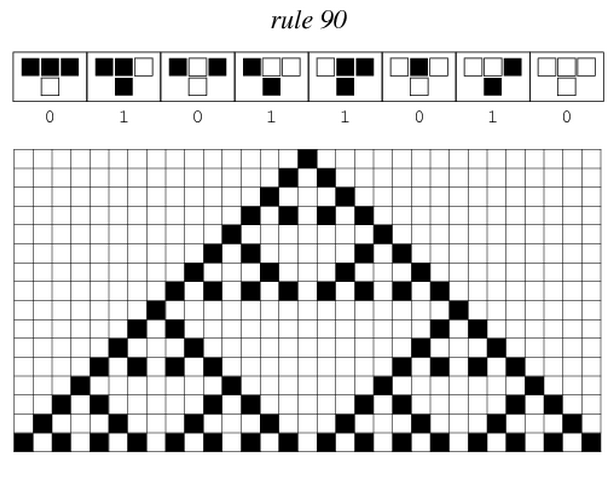Team:ETH Zurich/project/overview/summarysimple
From 2014.igem.org
(Difference between revisions)
(→) |
(/* This way, Mosaicoli not only investigates how a complex pattern can emerge from simple rules, but also develops new tools for controlling communication between cells and implementing reliable biological circuits. For a more detailed description of) |
||
| Line 17: | Line 17: | ||
<br/> | <br/> | ||
| - | ===== This way, Mosaicoli not only investigates how a complex pattern can emerge from simple rules, but also develops new tools for controlling communication between cells and implementing reliable biological circuits. For a more detailed description of our goals, please check [[Team:ETH_Zurich/project/goals| | + | ===== This way, Mosaicoli not only investigates how a complex pattern can emerge from simple rules, but also develops new tools for controlling communication between cells and implementing reliable biological circuits. For a more detailed description of our goals, please check [[Team:ETH_Zurich/project/goals| Principle and Goals]]. ===== |
Revision as of 13:08, 2 September 2014
What if these surprising patterns on sea snail shells would come from a simple rule, followed by all cells on the shell ?
For example in the picture below, you can see that the same kind of pattern appears, if every cell decides of its state (white or black) depending on the state of the 3 cells above it.
As a matter of fact, many of the complex patterns you can see in nature come from simple rules. It is the case for hurricanes, flocks of birds, neural networks... We call this phenomenon emergence. Emergent phenomena are not predictable from the initial conditions and this is why they surprise us. If you are interested in emergence of complexity in general, you can read more about the background of our project.
We are driven by our fascination for the emergence of complexity and try to make these snail shells patterns, called Sierpinski triangles, emerge on our own grid of bacteria. To achieve this goal, we follow a synthetic biology approach : we implement the rule that leads to emergence of these patterns in the DNA of these bacteria.
 "
"

